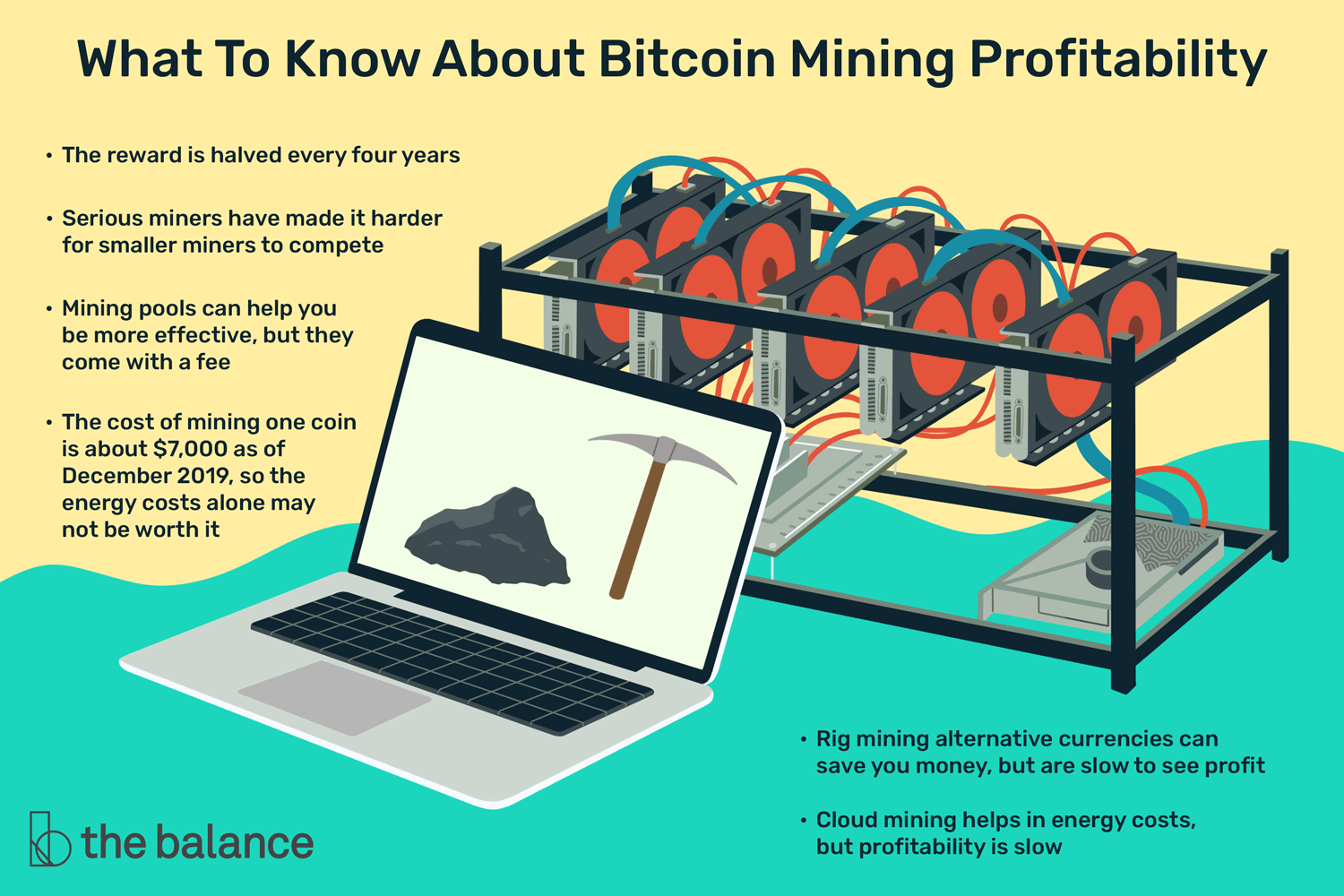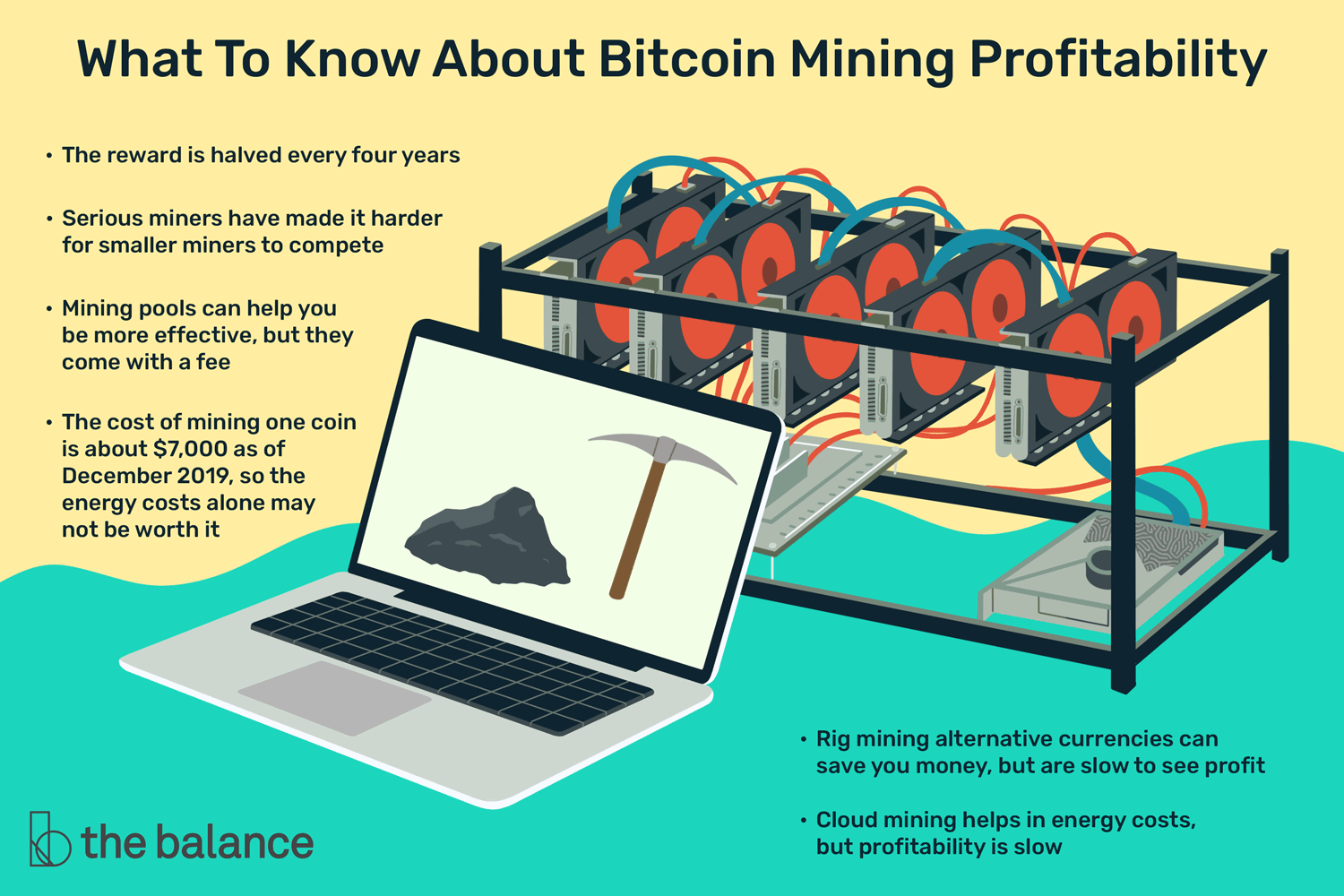The World of Bitcoin Mining: Unearthing Digital Gold
The World of Bitcoin Mining: Unearthing Digital Gold
Introduction
Bitcoin, the pioneering cryptocurrency introduced by the mysterious Satoshi Nakamoto in 2008, has taken the financial world by storm. While many aspects of Bitcoin are fascinating, one of the most intriguing is the process by which new Bitcoins are created and transactions are validated – Bitcoin mining. In this article, we'll delve into the world of Bitcoin mining, exploring what it is, how it works, and its implications for the cryptocurrency ecosystem.
What is Bitcoin Mining?

Bitcoin mining is the backbone of the Bitcoin network. It is the process through which new Bitcoins are created, and transactions are securely recorded on the blockchain. Unlike traditional currencies that are printed by governments, Bitcoin is "mined" digitally.
At its core, Bitcoin mining is a competitive and resource-intensive process where miners use powerful computers to solve complex mathematical puzzles. These puzzles, known as proof-of-work, are designed to be difficult to solve but easy to verify. Miners compete to find a solution, and the first one to do so gets to add a new block of transactions to the blockchain and is rewarded with newly created Bitcoins and transaction fees.

The Mining Process
1. Transaction Verification: Miners begin by collecting and verifying a batch of pending Bitcoin transactions. These transactions are grouped into a "block."
2. Proof-of-Work: Miners must find a specific number, called a nonce, that, when combined with the block's data, produces a hash that meets certain criteria. This is a trial-and-error process, and miners use their computational power to find the correct nonce.
3. Block Addition: Once a miner successfully finds the correct nonce, they broadcast their solution to the network. Other nodes on the network verify the solution, and if it's correct, the new block is added to the blockchain, and the miner is rewarded.
4. Reward: The miner who successfully mines a block is rewarded with a fixed number of newly created Bitcoins (known as the block reward) and any transaction fees paid by users for including their transactions in the block.

Mining Hardware
Bitcoin mining has evolved significantly since its inception. In the early days, miners could use regular computers to mine Bitcoin. However, as the network's difficulty increased, specialized mining hardware, such as ASIC (Application-Specific Integrated Circuit) machines, became the norm. These machines are highly efficient at solving the proof-of-work puzzles and have led to a significant increase in the network's computational power.
Mining Pools
Mining Bitcoin individually has become extremely challenging for most miners due to the high level of competition and the need for expensive hardware. To address this, miners often join mining pools, where they combine their computational power and share the rewards based on their contributions.

Environmental Concerns
Bitcoin mining's energy consumption has raised concerns about its environmental impact. The energy-intensive process of mining, coupled with the carbon footprint of some mining operations, has led to debates about Bitcoin's sustainability. Some argue that the industry needs to shift towards more eco-friendly mining practices, while others believe that innovation will eventually solve these issues.
Conclusion
Bitcoin mining is a vital component of the cryptocurrency ecosystem. It not only creates new Bitcoins but also ensures the security and integrity of the blockchain. As Bitcoin continues to gain popularity, the mining landscape will likely continue to evolve, with advancements in hardware and a growing emphasis on sustainability. Understanding the intricacies of Bitcoin mining provides valuable insights into the world of cryptocurrencies and their underlying technologies.




Bitcoin